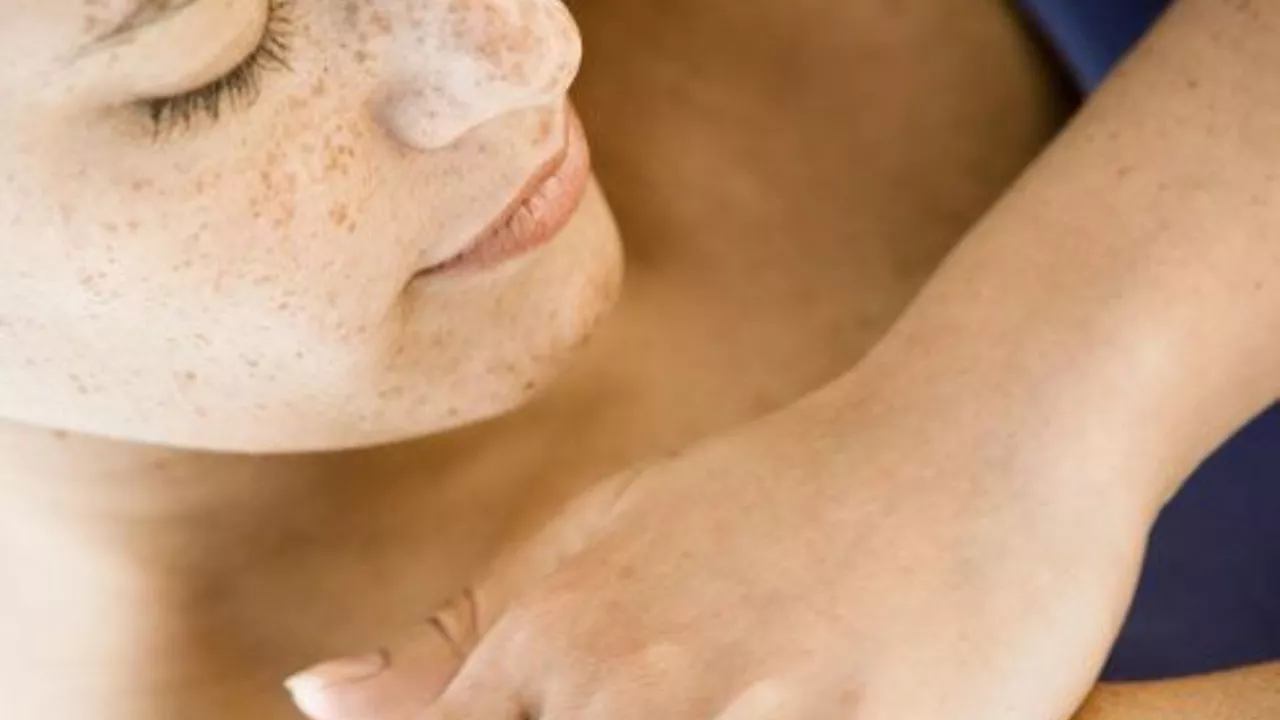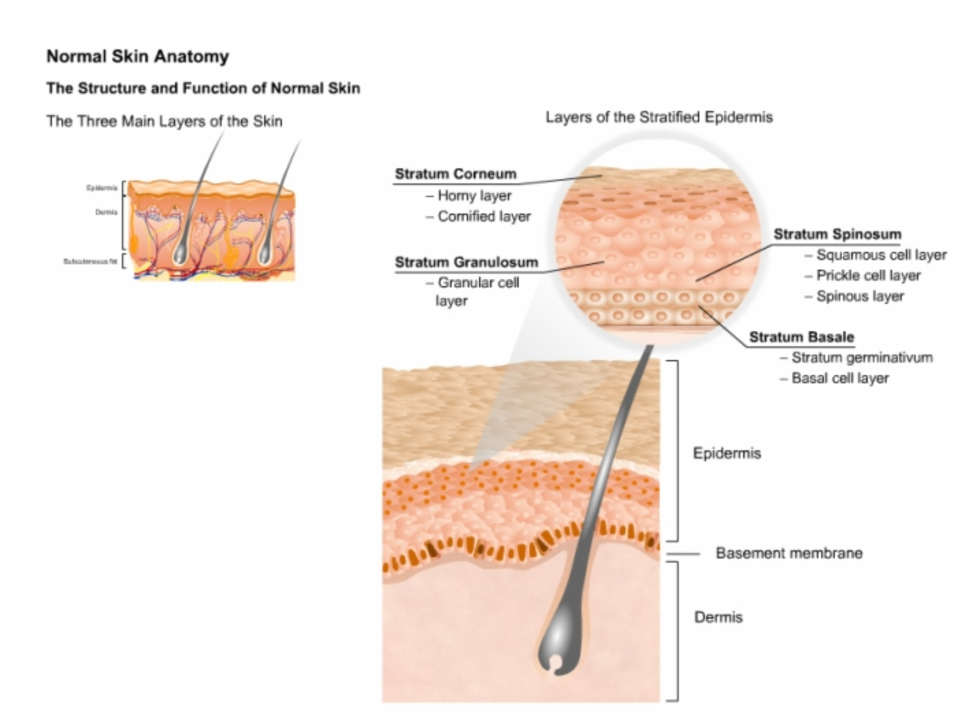Eczema: Practical Ways to Stop Itching and Cut Flare-ups
Itchy, red skin that won't quit? Eczema (atopic dermatitis) can be miserable, but small, targeted steps often bring real relief. This guide gives clear, practical actions you can use today to calm skin and reduce future flare-ups.
What eczema looks like changes by person: dry patches, red bumps, flaky skin, or raw areas from scratching. Kids often get it on cheeks and elbows; adults usually see it on hands, neck, and eyelids. Common triggers include stress, sweat, cold air, harsh soaps, scratchy fabrics, and certain skincare products.
Daily care that actually helps
Moisturize early and often. Thick, fragrance-free creams or ointments (petrolatum, ceramide-based) work best. Apply while skin is still damp—within 3 minutes after a bath—to lock in moisture. Aim to moisturize at least twice a day, more during flare-ups.
Keep showers short and warm, not hot. Use a gentle, soap-free cleanser and pat skin dry. Avoid scrubbing. After swimming, rinse chlorine off quickly and reapply moisturizer.
Dress for comfort. Choose breathable cotton, avoid wool and synthetic scratchy fabrics, and line up gloves for cleaning or cold weather. Wash new clothes before wearing and use a hypoallergenic, fragrance-free laundry detergent.
Try non-drug itch fixes first: cool compresses, wet wraps (apply moisturizer, cover with damp cloth then dry layer) and distraction at bedtime. For nighttime relief, some people find a short course of a sedating antihistamine helps them sleep through severe itch—check with a pharmacist or doctor first.
Treatment choices and safety tips
Topical corticosteroids are the main tool for flare-ups. Use the lowest effective strength and follow the timing your doctor advises—overuse risks thinning skin. For delicate areas (face, groin, eyelids) doctors often pick steroid-sparing options like topical calcineurin inhibitors (tacrolimus or pimecrolimus).
For persistent or widespread eczema, your doctor might suggest light therapy, oral medications, or newer biologics that target inflammation. These help many people but need medical supervision.
If skin looks infected—yellow crusts, increasing pain, spreading redness, or fever—see a doctor quickly. Infections need antibiotics or antiviral drugs, not just moisturizers.
Consider patch testing if contact allergy could be a cause. Simple tests can reveal reactions to fragrances, preservatives, or metals so you can stop exposure and avoid repeat flares.
Small routine changes add up: use a humidifier in dry months, avoid long hot baths, trim nails to limit damage from scratching, manage stress with short walks or breathing breaks, and keep a short photo diary to spot trigger patterns.
If flare-ups are frequent, sleep is disrupted, or treatments don’t help, see a dermatologist. Eczema can often be controlled with the right plan, and a specialist helps tailor treatments and check for infections or allergies.
Want more practical articles on skin care, allergy-related meds, or safe medication use? Browse our site tags or ask a pharmacist for quick, reliable advice. You don’t have to live with constant itching—real steps can bring relief.
The Connection Between Anal Itching and Eczema
Oh boy, who knew we'd be on this wild ride of exploring the fascinating link between anal itching and eczema! Grab your explorer hats, folks! It turns out, these two seemingly unrelated conditions can actually be pretty chummy. Eczema, a skin condition causing dryness and inflammation, can appear anywhere on your body, including, yes, the derriere region. If you're experiencing the infamous itch down south, it might not be your laundry detergent to blame, but rather your old pal eczema staging a surprise visit!
The Connection Between Skin Infections and Eczema
As someone who has been researching skin infections and eczema, I've come to understand the strong connection between the two. It turns out that individuals with eczema are more prone to skin infections due to their compromised skin barrier. This allows bacteria, viruses, and fungi to easily invade the skin and cause infections. On the other hand, these infections can also worsen eczema symptoms, leading to a vicious cycle of inflammation and infection. It's crucial for those with eczema to take extra precautions and maintain good skincare habits to reduce the risk of infections.






